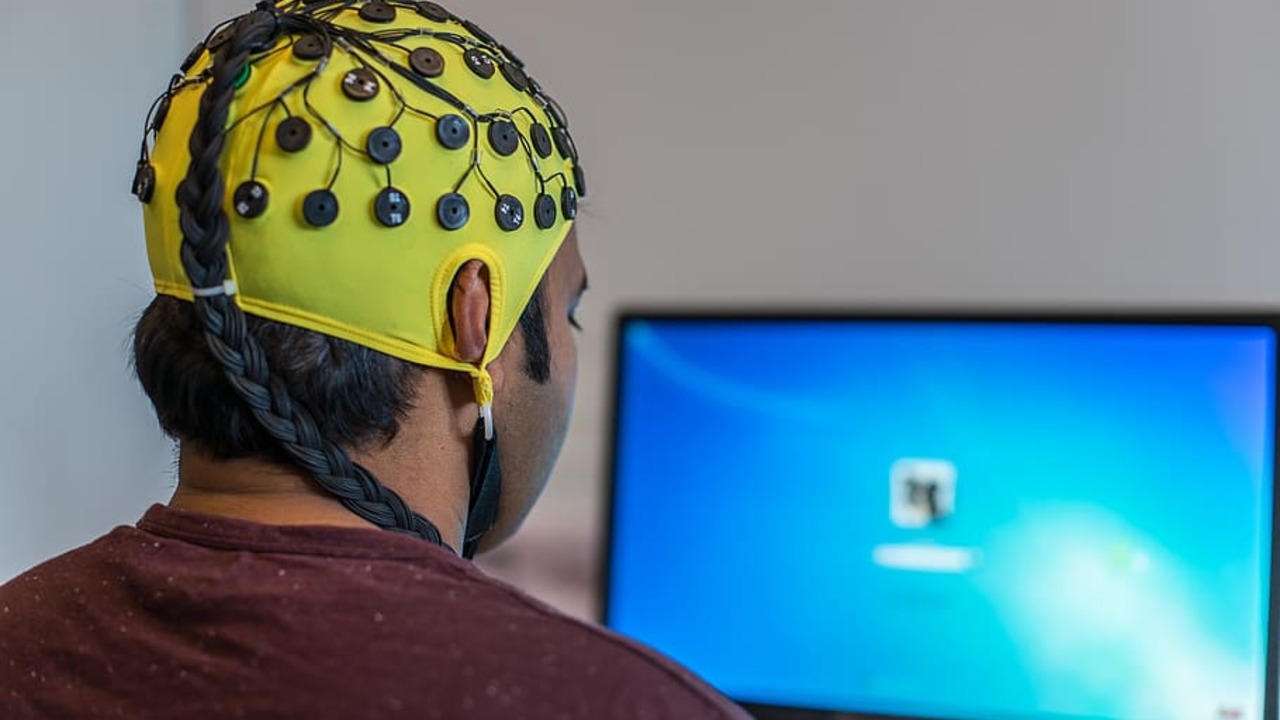Researchers from Petrozavodsk State University, together with colleagues from India and Iran, have developed a neural network-based algorithm that can recognize symptoms of Alzheimer’s disease in electroencephalogram data with more than 70% accuracy, using chaos assessment. The scientists’ work has been published in the journal Algorithms.
The term “entropy” is used to evaluate the degree of chaos. Low values indicate systematic, regular data, high values indicate randomness. Various formulas are used to evaluate this. One of the most common is Shannon’s formula, in which a high entropy value is associated with the “unexpected” occurrence of an event.
In their study, the scientists proposed a completely different approach, using artificial intelligence to calculate entropy. To do this, they created a neural network that determines the entropy index NNetEn (Neural Network Entropy). The program is trained by converting the numbers to the time series given to it. As a result, the algorithm calculated the entropy value using mathematical methods.
The researchers demonstrated the benefits of the new method by using a machine learning algorithm to recognize Alzheimer’s disease in a ready database of electroencephalograms. Since the randomness of this signal changes in the presence of a disease, it was necessary to distinguish between healthy participants and patients based on the entropy value received by the neural network.
As a result, when using NNetEn as the sole feature, the accuracy of group separation was not very high – about 67%. However, the combination of a number of other entropies produced the desired result. When adding even an entropy paired with NNetEn, the accuracy of group separation increased to 73%.
Any researcher working with big data can easily apply the algorithm to their own data – the researchers emphasize that the neural network is in the public domain.
Source: Ferra
I am a professional journalist and content creator with extensive experience writing for news websites. I currently work as an author at Gadget Onus, where I specialize in covering hot news topics. My written pieces have been published on some of the biggest media outlets around the world, including The Guardian and BBC News.













